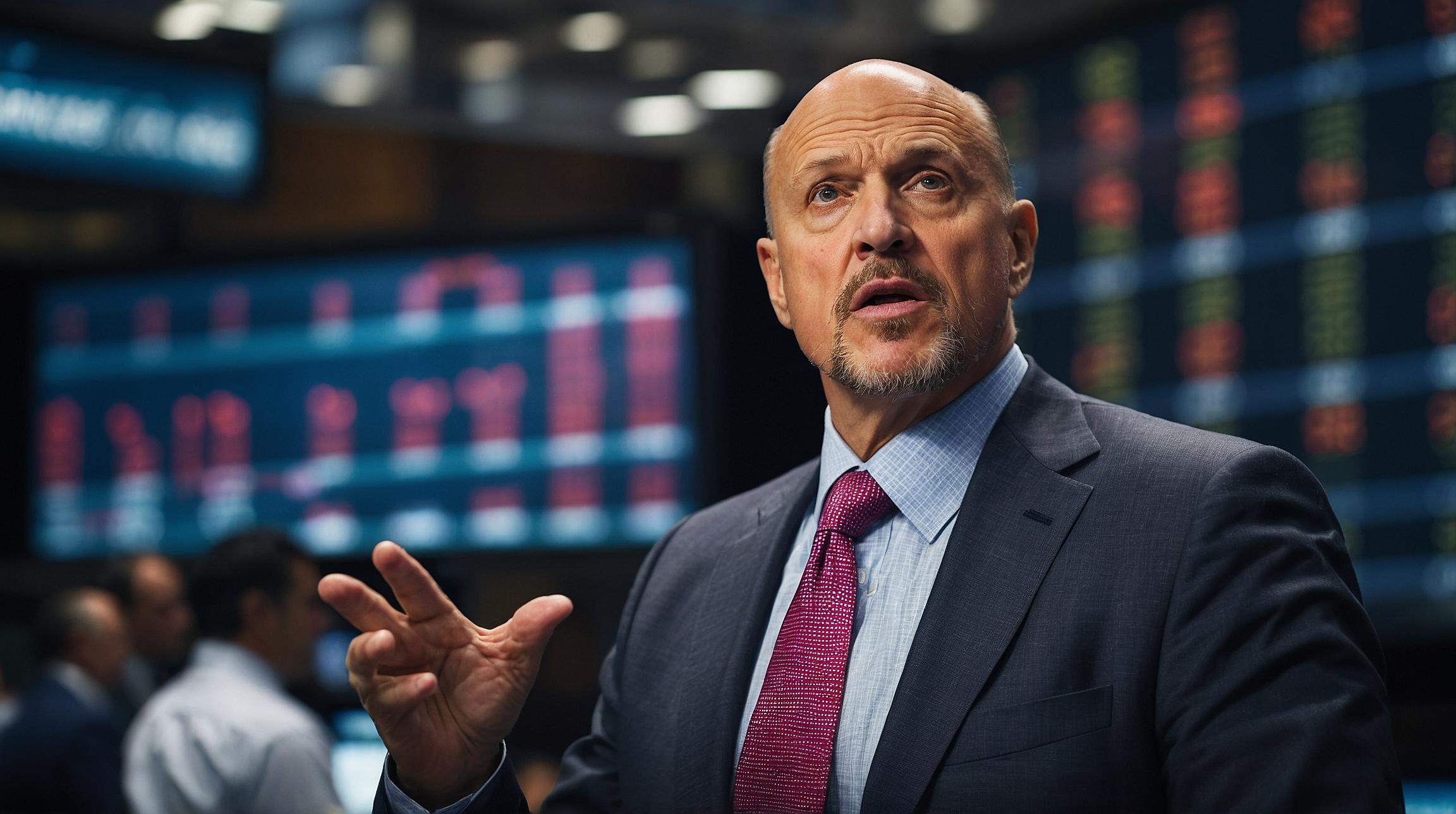Key 401(k) Catch-Up Contribution Changes for High Earners in 2026
Significant adjustments to 401(k) catch-up contributions are set to take effect in 2026, impacting higher earners’ retirement savings strategies. Under the Secure 2.0 Act of 2022, employees aged 50 and older who earn more than $145,000 from their current employer in the previous year will be required to make catch-up contributions as after-tax Roth contributions.
This change represents a departure from the current flexibility, where catch-up contributions can be made either as traditional pretax deferrals or Roth after-tax contributions, depending on plan options.
Current Contribution Limits and Options
For 2025, the standard 401(k) deferral limit is $23,500. Workers aged 50 or older can contribute an additional $7,500 as catch-up contributions, with the limit increasing to $11,250 for those aged 60 to 63.
Traditionally, catch-up contributions have been allowed as either pretax or Roth, offering employees the choice between upfront tax savings or tax-free growth. This choice will be restricted for higher earners starting next year.
Tax Implications of Roth Versus Traditional Contributions
Traditional catch-up contributions reduce taxable income in the contribution year but are taxed as ordinary income upon withdrawal. Conversely, Roth contributions provide no immediate tax deduction but grow tax-free, with withdrawals free of income tax.
“Now is the time to work with your advisor or tax preparer to run multi-year tax projections,” said Patrick Huey, CFP and owner of Victory Independent Planning in Portland, Oregon. “This can help determine whether to accelerate pretax catch-up contributions through 2025 or transition to Roth contributions sooner.”
Current Utilization of Catch-Up Contributions
Despite the availability of catch-up contributions, a 2025 Vanguard report analyzing over 1,400 plans and nearly 5 million participants found that only 16% of eligible workers take advantage of these additional deferrals. Most participants contributing catch-up amounts earn $150,000 or more.
Strategic Considerations for Retirement Savers
The decision between Roth and traditional catch-up contributions hinges on individual circumstances, including current and anticipated future tax brackets, effective tax rates in retirement, and estate planning objectives.
“The key takeaway is: do not sit on the sidelines as these rules change,” advised Jared Gagne, CFP and private wealth manager at Claro Advisors in Boston.
FinOracleAI — Market View
The upcoming mandate for Roth-only catch-up contributions for higher earners represents a notable shift in retirement tax planning. While Roth contributions offer long-term tax-free growth, the loss of pretax deferral options may increase taxable income for some savers in the near term.
- Opportunities: Tax diversification by balancing Roth and traditional savings ahead of 2026; potential for tax-free retirement income growth; incentivizes earlier Roth adoption.
- Risks: Higher immediate tax liability for affected earners; complexity in multi-year tax planning; possible reduced attractiveness of catch-up contributions for some.
Impact: This regulatory change is expected to moderately increase Roth 401(k) participation among high-income workers, requiring proactive tax strategy adjustments to optimize retirement outcomes.













